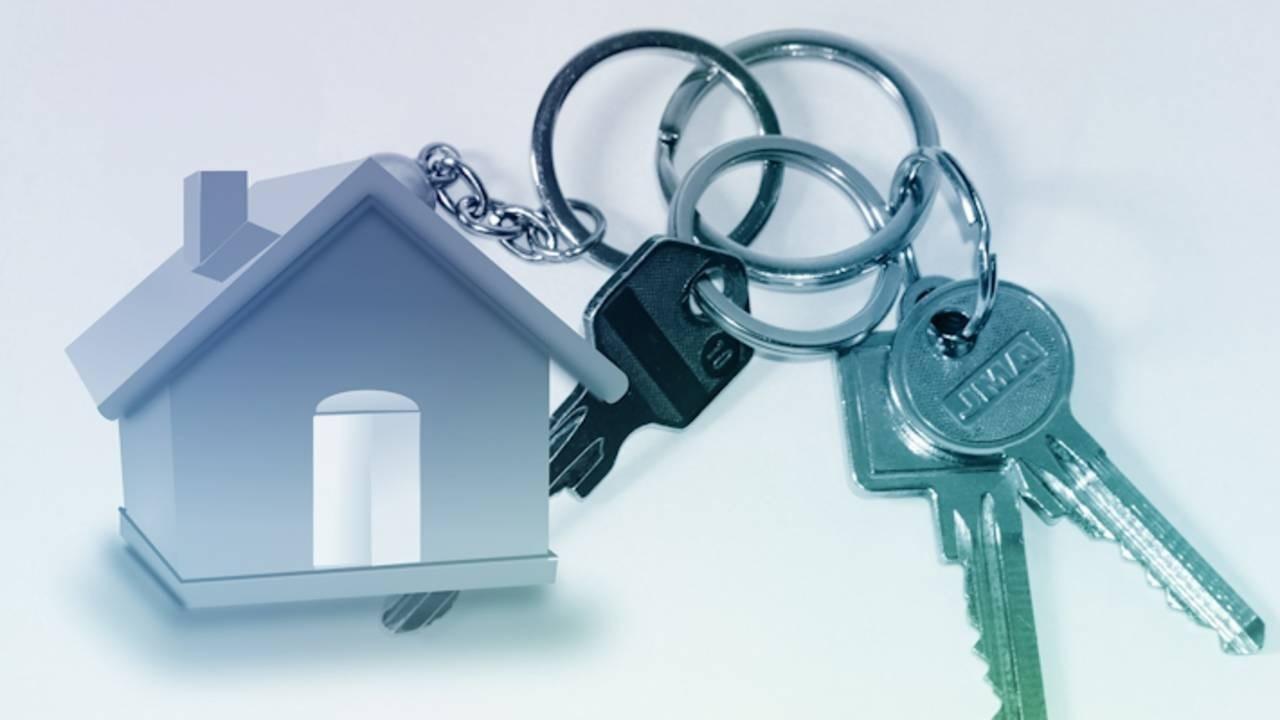What’s the best option to buy property?

THE QUESTION
I'm not a homeowner, but looking to purchase - either residential, BTL or to buy a derelict property and flip.
I have a limited company with a turnover circa £200K and projected to double that in the next year. I have no personal debts or defaults and a good credit rating.
I'm entrepreneurial, confident I can flip properties, and would like some guidance in funding purchases. I've heard bridging finance, but don’t know if it’s the right strategy for me.
THE ANSWER
You have several potential options:
Use your main residence to flip
Advantages: no tax (CGT or income) payable on the profits
Disadvantages:
- Slow turnaround, as you will need to live in the property for at least a year to qualify for the no tax advantage
- Your ability to borrow is income-dependent and lenders are not interested in how much your company turns over, but how much profit you make i.e. make £20k profit on your £200k turnover and you won’t be getting offered much of a mortgage
- Disruption to your family life (if you have a family). Children having to move schools with every flip etc.
Using a BTL mortgage to flip
Advantage: lower income requirement needed than for a main res mortgage
Disadvantages:
- Almost every BTL requires you to be a property owner already. You are not, so you fall at the first hurdle
- No mortgage lender, knowingly, gives you a mortgage for the short period of flipping a property. So you can only get a mortgage by lying about your true intentions. You risk becoming unmortgageable if repeated early redemption of mortgages show on your credit file from using mortgages for flips, but as you don’t own any property, this is not an option for you anyway.
Using cash for a flip
Advantages:
- Speed of purchase often allows you to buy at a discount
- You can buy any property regardless of its condition, so unmortgageable properties can be bought, often significantly below true current value
Disadvantages:
If you don’t have that much cash you need to find private individuals who do and are prepared to lend it to you
Using bridging for a flip
Advantages:
- It can put you on a level playing field as a cash buyer, you can buy fast and cheap
- You can buy any unmortgageable property, as long as you can fix it and make it mortgageable
- You do not need to own property already to get a bridging loan
- Your income is irrelevant to bridging lenders
- You don’t have to tell lies to get a bridging loan, they love short-term loans
Disadvantages:
- Clearly it costs more than a mortgage, but savvy investors use the speed of purchase to negotiate a discount on the purchase price that can often be equal or greater than the cost of bridging. So how expensive is bridging if it is the vendor who is, effectively paying for it?
- If you underestimate how long it will take you to buy and sell a property you could get stung with additional costs and penalties. However, it is possible to switch bridging lenders to avoid some of these costs, but better to be pragmatic and realistic about the time it will take you to flip a property.
Tax
The only way to avoid paying tax of some sort on a flip is to use your main residence as the property to flip. Otherwise you will pay tax on your profits, as any business venture does, but what tax is payable?
The common assumption is you pay Capital Gains Tax (CGT) on a flip, but this is wrong, you don’t.
CGT is triggered by the disposal of an asset held over the medium to long-term
A flip is usually bought and sold in around 12 months or less. HMRC consider this trading in the same way that buying and selling cars, baked beans or any other commodity is trading, so it is subject to income tax, not CGT, or Corporation Tax if you buy and sell using a limited company structure.
You can learn more by:
- Attending an upcoming webinar - register here
- Booking into a LIVE! 3-day workshop - book your ticket here
- Get instant access to the full programme with the online training - click here for more information




